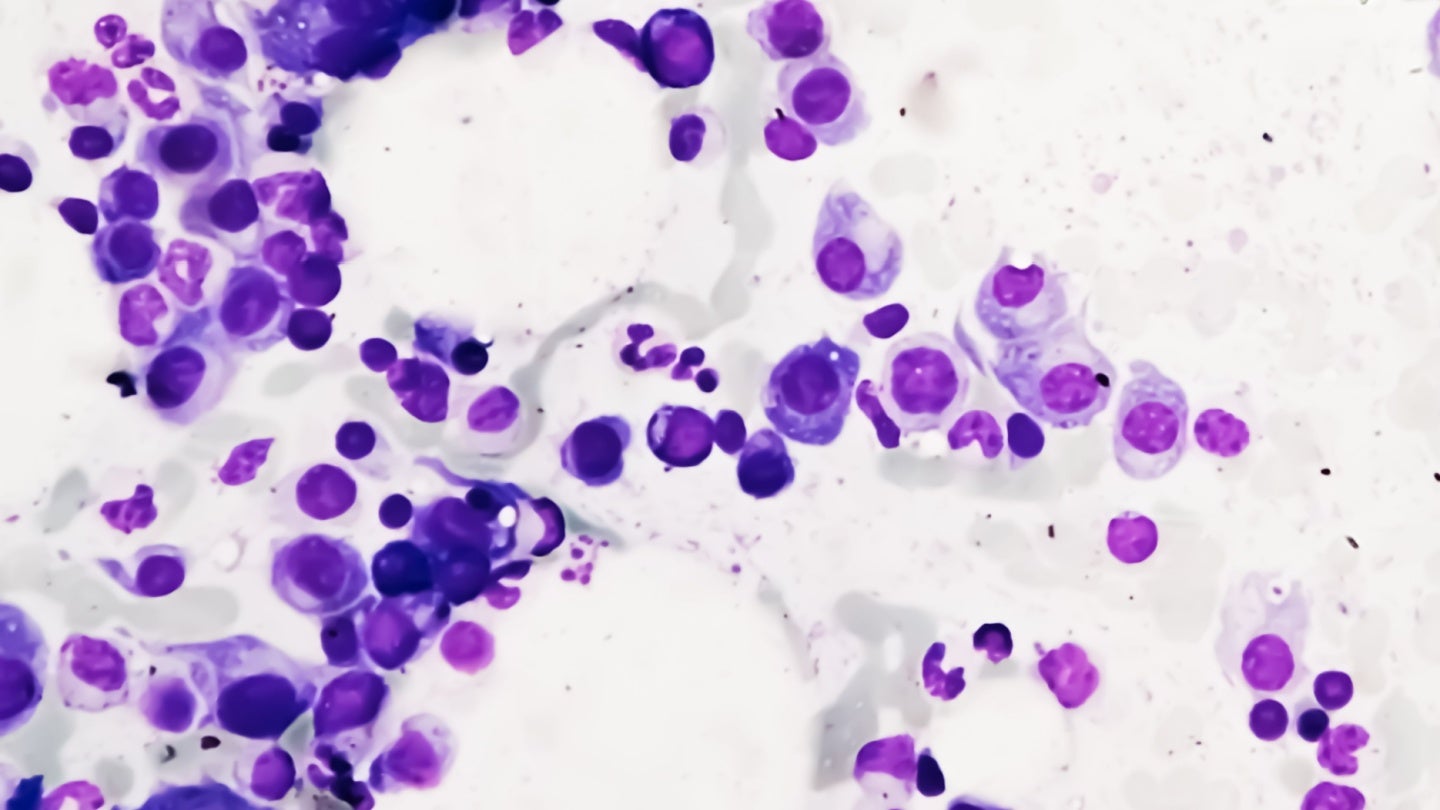Examining the Economic Implications of Implementing Psychedelic Therapies:
In an increasingly complex landscape of mental health treatment, Fayzan Rab, a medical candidate at Emory University, is emerging as a pivotal figure whose research is set to shape the future of psychedelic therapy. His recent work, which was highlighted in a detailed interview with Genomic Press, delves into the economic and public health implications […]


In an increasingly complex landscape of mental health treatment, Fayzan Rab, a medical candidate at Emory University, is emerging as a pivotal figure whose research is set to shape the future of psychedelic therapy. His recent work, which was highlighted in a detailed interview with Genomic Press, delves into the economic and public health implications surrounding the use of psychedelic substances in clinical settings. Drawing from a unique background that includes tech leadership roles in major organizations such as Google and Mindstrong Health, Rab’s interdisciplinary approach combines clinical research with pragmatic healthcare delivery strategies.
Rab emphasizes that while psychedelic therapies offer unprecedented potential, expecting them to solve the overarching issues in mental healthcare is an oversight. He argues convincingly that effective mental illness treatment necessitates comprehensive reforms, including enhancements in clinical practice, significant investment in social safety measures, and a focus on providing opportunities for re-employment and affordable housing. This holistic view highlights the multifaceted challenges facing mental healthcare today, accentuating the need for sustained efforts beyond just introducing new therapies.
At the forefront of his research at the Emory Center for Psychedelics and Spirituality, Rab aims to bridge the often-disjointed worlds of clinical research and real-world healthcare implementation. His latest publication within the journal Psychedelics marks a significant contribution to the field, offering the first thorough evaluation of potential patient demand for psilocybin-based therapy aimed at alleviating depression. This pioneering work serves as a crucial counterpoint to the numerous studies that frequently focus solely on the clinical efficacy of psychedelics without addressing the broader implications of their application.
Undoubtedly, one of the most appealing aspects of Rab’s research is the recognition of systemic challenges that accompany the integration of psychedelic therapies into the healthcare system. Many of his contemporaries direct their attention primarily to the results of clinical trials; however, Rab is determined to tackle the broader issues regarding access to healthcare, cultural inclusivity, and the economic feasibility of these innovative treatments. His commitment to making psychedelics accessible to underrepresented populations speaks volumes about his vision for an equitable healthcare future.
In his interview, Rab articulates a compelling vision for the future of psychedelic science. He stresses the importance of addressing critical implementation questions early in the therapeutic development process, arguing that preparatory work today could pave the way for enhanced accessibility of psychedelic treatments to communities that are typically marginalized by innovation in mental health therapies. By taking a proactive approach, Rab hopes to help create a landscape where groundbreaking psychedelic therapies can reach those who need them most.
Furthermore, Rab’s interests extend into avenues of psychedelic research that explore the potential benefits for diverse demographics, including healthcare workers, cancer patients, as well as women experiencing postpartum challenges and individuals suffering from chronic pain. His research places a strong emphasis on the importance of collaborating with community partners to inform research questions, particularly incorporating the views of Muslim communities regarding psychedelic therapy. This aspect of his work underlines the critical connection between cultural context and medical treatment, highlighting the necessity of inclusivity in developing therapeutic interventions.
The insights shared by Rab during his Genomic Press Interview not only elucidate his methodology but also reveal the core principles that guide his research group. By maintaining a focused approach while simultaneously seeking broader applications for their findings, Rab and his team have positioned themselves to make significant scientific advancements without sacrificing rigor. This delicate balance between ambition and thoroughness is essential in the rapidly evolving field of psychedelic medicine.
As Dr. Charles Raison, the Director of Research at the Emory Center for Psychedelics and Spirituality, eloquently remarks, Rab’s work delves into vital questions regarding the implementation and accessibility of psychedelic therapies. Such inquiries are not merely academic; they will have tangible consequences for the trajectory of psychedelic medicine in both clinical and community settings, making this research indispensable for future advancements.
In addition to these insights, Rab’s Genomic Press interview is a part of a broader series that celebrates the scientists behind influential contemporary research. Each installment of this series provides a platform that marries cutting-edge scientific inquiry with the personal stories of the researchers, culminating in a richer understanding of the individuals shaping the future of science. Such narratives foster connections among readers, offering a more engaging exploration of groundbreaking ideas and their implications.
The full interview titled “Fayzan Rab: What are the economic and public health implications of psychedelic therapies?” was released on December 24, 2024. It promises an in-depth exploration into the strategies and thoughts of one of the leading minds in neurology and the study of brain disorders. This specific piece adds to the ongoing dialogue about the evolving nature of mental healthcare, promoting awareness and encouraging ongoing investment in research.
The journal Psychedelics, a peer-reviewed publication dedicated to exploring the potential therapeutic uses of psychedelic substances, provides an outlet for this important research. As a platform, it welcomes multidisciplinary perspectives while fostering the discovery and understanding of psychedelic compounds. The endeavors of researchers like Fayzan Rab underscore the journal’s mission to pave the way for future advancements in the understanding of neurobiology and the complex landscape of human health.
Through these efforts, Rab and his colleagues are poised to enhance the dialogue surrounding psychedelic treatment options, ultimately steering the conversation toward one that embraces inclusivity, accessibility, and comprehensive care for all individuals. As societal attitudes toward psychedelics continue to evolve, ongoing research and conversations surrounding these therapies will be vital in ensuring that they are integrated responsibly and effectively into mainstream healthcare practices.
By combining scientific rigor with a deep-seated commitment to community health, Fayzan Rab exemplifies the fusion of innovation and compassion that is essential to overcoming contemporary mental health challenges. As his work granulates further, those invested in the developing narratives of psychedelic therapy will undoubtedly keep a keen eye on Rab’s contributions, watching closely as the implications of his research unfold.
Subject of Research: Economic and public health implications of psychedelic therapies.
Article Title: Fayzan Rab: What are the economic and public health implications of psychedelic therapies?
News Publication Date: 31-Dec-2024
Web References: Genomic Press
References: doi:10.61373/pp024k.0046
Image Credits: Managed by Genomic Press.
Keywords: Psychedelic therapy, mental health, economic implications, healthcare access, community partnerships.
Discover more from Science
Subscribe to get the latest posts sent to your email.
What's Your Reaction?

































